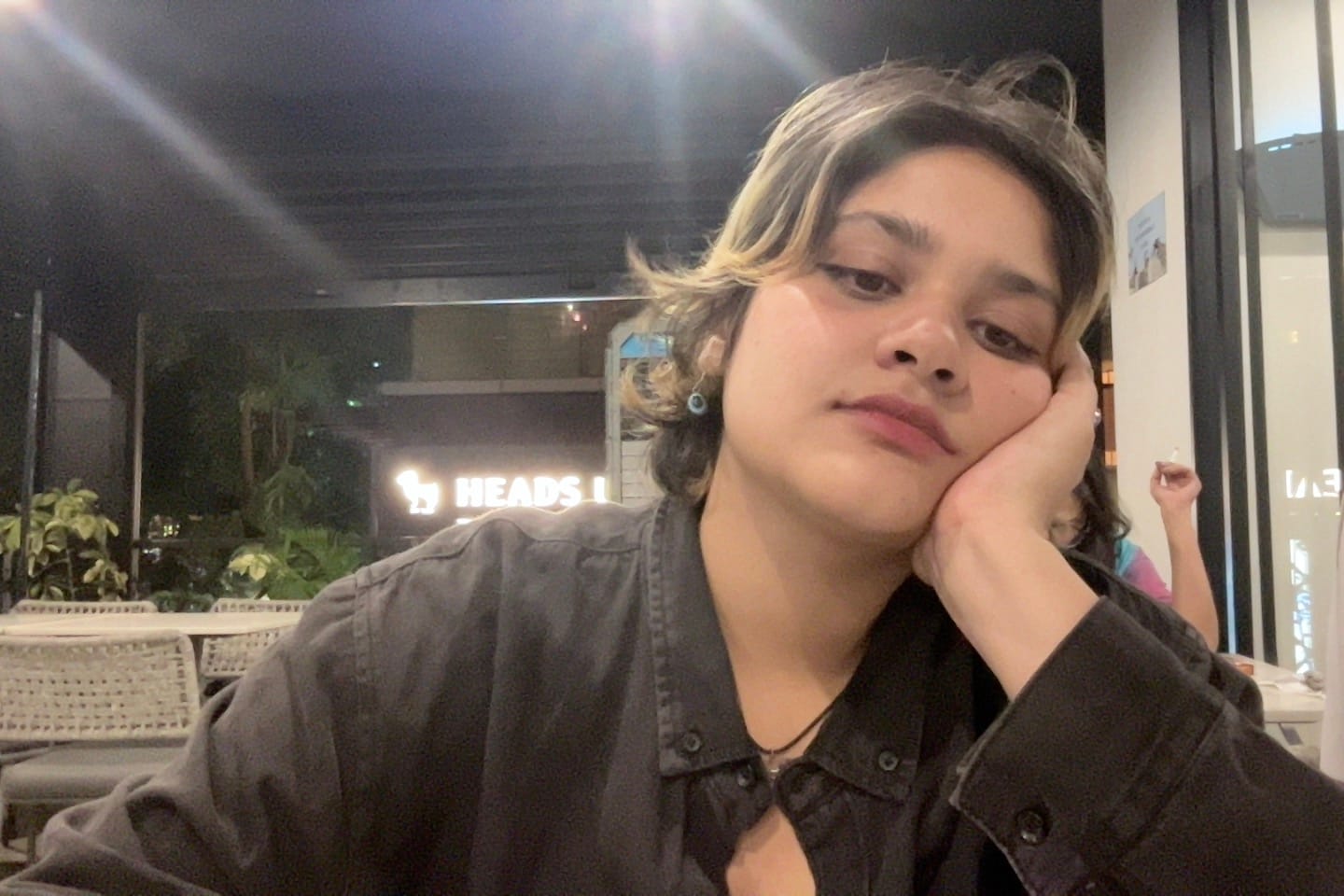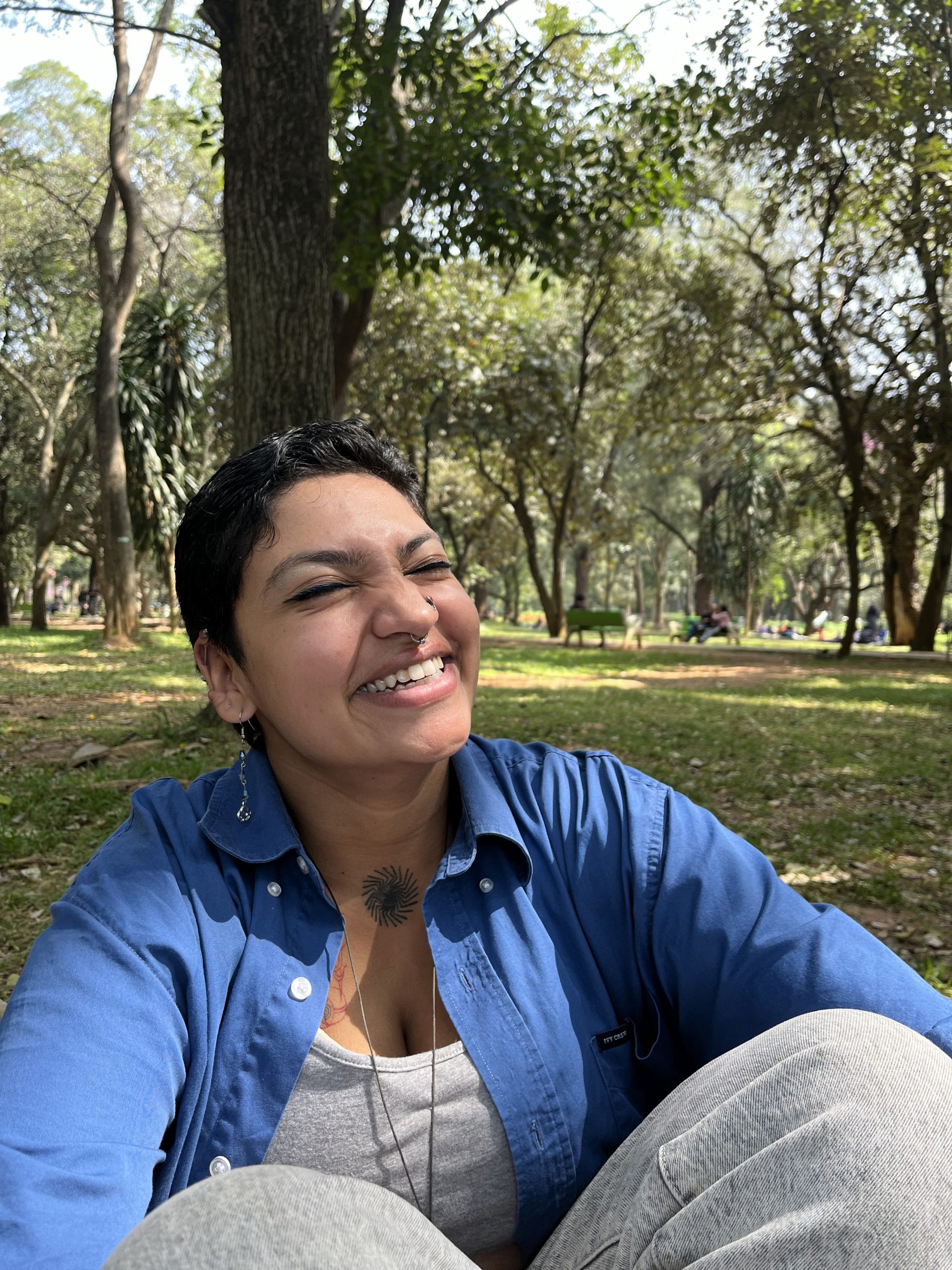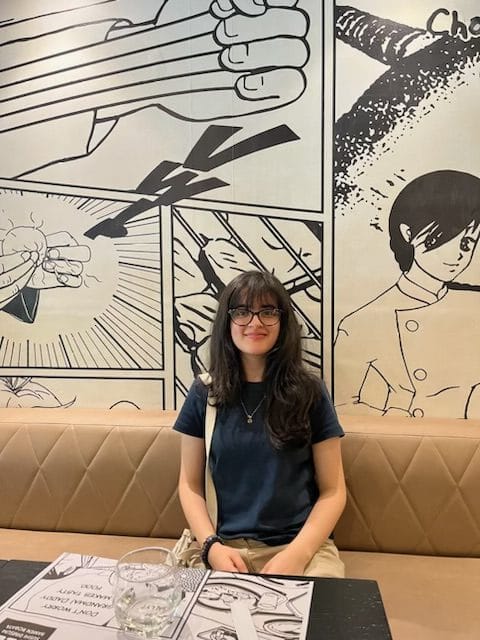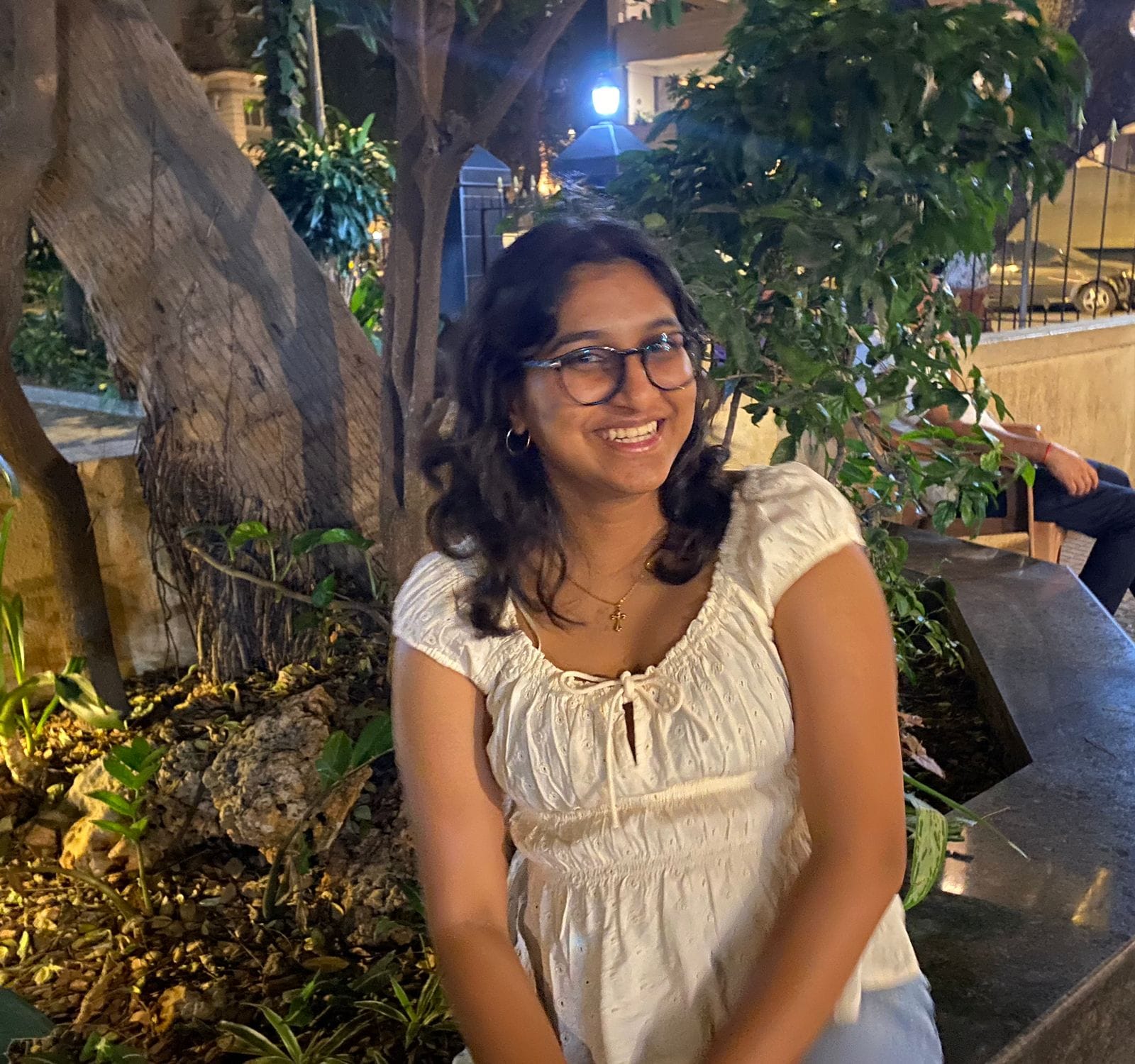The Mental Health Effects of Being a Widow in Conservative Societies

shrishty balakrishnan
October 18 , 2024

It involves an intense sense of loss of a partner, but also social status, identity, and community – often in conservative societies. The process can be considerably more difficult for the societal and cultural expectations that shape the manifestations of grief, loneliness, and mental health for the widow. This blog attempts to explain the relationship between the complexities surrounding the issue of widowhood and mental health, specifically in conservative societies, and the emotional as well as possible healing pathways.
The Weight of Societal Expectations
Widowhood has been stigmatized and ostracized in conservative societies. Some fear that death is a concept engendered from the presence of the widow, which therefore often makes her worthless or guilty of the death of her husband. Thus, a widow may feel shamed and worthless practice which deteriorates mental conditions like depression and anxiety. Societal demands such as remaining single or upholding mourning practices stress and impede the natural healing process of grieving.

Photo by Siora Photography Team on Unsplash
Isolation and Loneliness
The shift to widowhood often results in profound isolation. Friends and family might pull away, feeling uncertain about how to engage with someone who is grieving. This lack of emotional support can heighten feelings of loneliness, which can negatively impact mental health. For numerous widows, losing a partner also means losing the social connections that once offered both emotional and practical assistance.

Photo by Carolina Team on Unsplash
The Impact on Identity
Widowhood can significantly change a woman's sense of self, especially in cultures where marriage is a key aspect of social standing. Many women struggle with their identity as they move from wife to widow. This transition can trigger existential crises, causing the widow to question her purpose and role in society, which can further affect her mental health.

Photo by Hannah Xu Team on Unsplash
Coping Mechanisms and Resilience
Even with these challenges, many widows show incredible strength. Some seek comfort in community support groups, religious organizations, or therapy. Connecting with others who share similar experiences can create a feeling of belonging and aid in the healing process. Moreover, participating in activities like volunteering or exploring hobbies can help them rediscover a sense of purpose and connection.

Photo by Simon Berger Team on Unsplash
The Role of Cultural Change
As societies progress, the way we view widowhood is gradually shifting. Greater awareness of mental health and the significance of support networks can help reduce the stigma associated with being a widow. Programs designed to empower widows, including educational opportunities and community involvement, can create a more inclusive atmosphere that promotes healing and recovery.

Photo by Clay Banks Team on Unsplash
A Path Forward
While the mental health effects of being a widow in conservative societies can be profound, there is hope. By fostering understanding and compassion, communities can create spaces that allow widows to grieve and heal without stigma. Acknowledging their struggles and supporting their journey can lead to a more compassionate society that values resilience and the strength of the human spirit.
As we move forward, it's essential to engage in conversations about widowhood and mental health, breaking the silence that often surrounds these experiences. By doing so, we can help create a world where widows feel empowered to share their stories, seek support, and ultimately thrive.
Reach out to a mental health professional for emotional support at Happy Minds today
Keep Reading
Started reading,
found my glow!
New blogs dropping soon – Sign up!
© EmbraceWell. All rights reserved





























